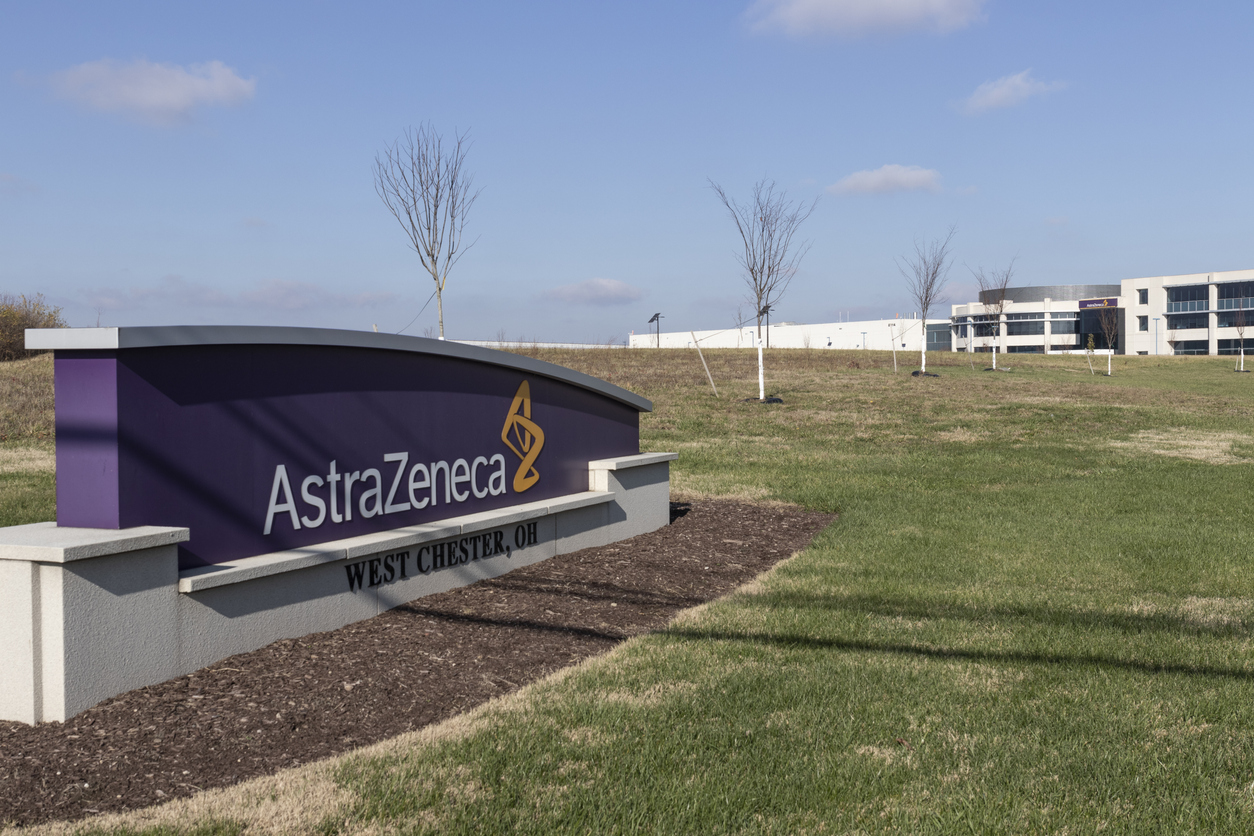Government
AZ’s Imfinzi/Imjudo combo backed in EU for liver, lung cancers
AstraZeneca’s oncology portfolio continues to deliver, with a recommendation for EU approval of its new Imfinzi/Imjudo immunotherapy combination
The…


AstraZeneca’s oncology portfolio continues to deliver, with a recommendation for EU approval of its new Imfinzi/Imjudo immunotherapy combination heading a flurry of regulatory updates.
The EMA’s human medicines committee (CHMP) has backed approval of PD-L1 inhibitor Imfinzi (durvalumab) and CTLA4 inhibitor Imjudo (tremelimumab) as a first-line treatment for advanced or unresectable hepatocellular carcinoma (HCC), and the two drugs plus chemotherapy for previously-untreated non-small cell lung cancer (NSCLC).
The EU recommendation comes shortly after both indications were approved in the US, based on the results of the HIMALAYA and POSEIDON clinical trials, respectively, which both showed significantly improved overall survival (OS) compared to their control groups.
Imjudo is only the second drug in the class to be approved in the EU after Bristol-Myers Squibb’s Yervoy (ipilimumab), which is used in multiple tumour types, but has well-recognised tolerability issues. Those haven’t, however, stopped BMS’ drug from becoming a $2 billion product.
The CHMP’s December meeting last week also resulted in a recommendation for AZ and Daiichi Sankyo’s Enhertu (trastuzumab deruxtecan) as a single-agent, second-line therapy for patients with HER2-low breast cancer who have received prior chemotherapy in the metastatic setting or developed disease recurrence during or within six months of completing adjuvant chemotherapy.
The positive opinion – based on a 36% reduction in the risk of death compared to chemo that was seen in the DESTINY-Breast04 trial – also follows an FDA approval in this indication earlier this year and takes HER2-directed therapy into a new direction.
The HER2-low patient population is much larger than the HER2-positive group, and analysts have suggested it could represent another $3 billion in potential sales for Enhertu.
AZ, meanwhile, also claimed a full approval from the European Commission for Enhertu as monotherapy for the treatment of adult patients with advanced HER2-positive gastric or gastroesophageal junction (GEJ) adenocarcinoma who have received a prior trastuzumab-based regimen – becoming the first new HER2 drug for this type of cancer in the EU for more than a decade.
Around one in five gastric cancers are HER2-positive and treatment options are few if the disease progresses after first-line treatment with trastuzumab and chemo. Enhertu has been approved for HER2-positive gastric cancer in the US since early 2021.
Imperfect PEARL
In amongst all the positive news, AZ has reported a disappointing result in the PEARL study of Imfinzi as a first-line monotherapy for advanced stage 4 NSCLC.
In the study – which was conducted mainly in Asia – Imfinzi was unable to show a significant improvement in OS versus platinum-based chemotherapy in patients whose NSCLC tumours express high levels (25% or more) of the PD-L1 biomarker.
The PD-L1 inhibitor was able to show a “clinically meaningful” increase in OS in patients with 50% higher expression of the biomarker, a secondary endpoint, but AZ acknowledged that treatment of this form of cancer has moved on since the trial was designed.
Since then, a combination of immunotherapy with chemotherapy has become the standard first line therapy for NSCLC without specific genetic mutations that can be addressed with targeted drugs. Meanwhile, the importance of PEARL to AZ has been diminished by the approval of Imfinzi/Imjudo combination as a first-line NSCLC therapy in November.
The post AZ’s Imfinzi/Imjudo combo backed in EU for liver, lung cancers appeared first on .

Here Are the Champions! Our Top Performing Stories in 2023
It has been quite a year – not just for the psychedelic industry, but also for humanity as a whole. Volatile might not be the most elegant word for it,…
AI can already diagnose depression better than a doctor and tell you which treatment is best
Artificial intelligence (AI) shows great promise in revolutionizing the diagnosis and treatment of depression, offering more accurate diagnoses and predicting…
Scientists use organoid model to identify potential new pancreatic cancer treatment
A drug screening system that models cancers using lab-grown tissues called organoids has helped uncover a promising target for future pancreatic cancer…













